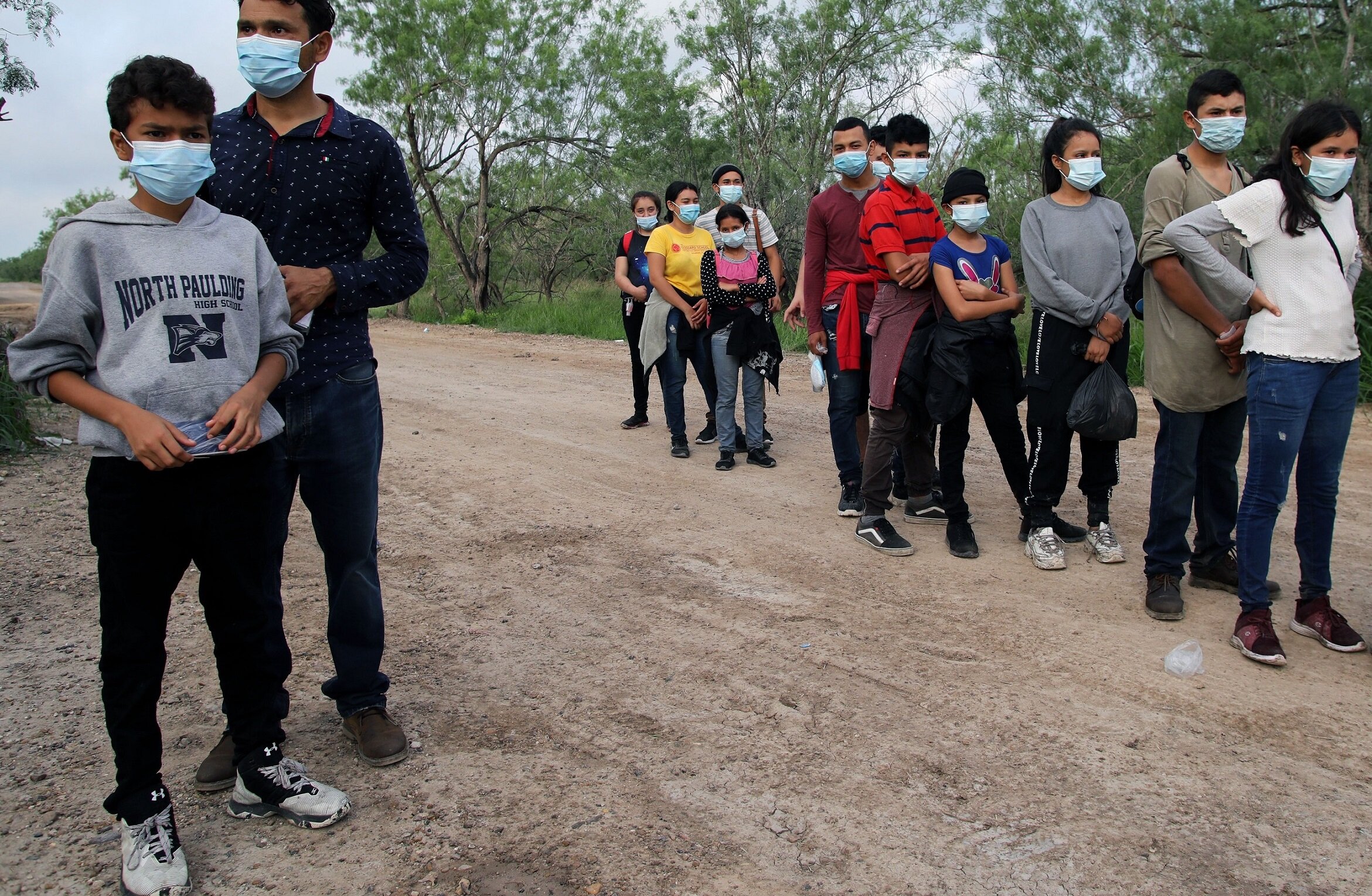The age on their official documentation prevails even if they are suspected to be over eighteen years of age.

The public entity must assume the guardianship of the unaccompanied foreign minor according to the documentation provided if it has not been challenged, even if there are suspicions of his or her age of majority; he or she cannot be considered undocumented in order to be subjected to complementary tests to determine his or her age.
In these terms, the Supreme Court (SC) has once again expressed itself in a recent judgement in which it maintains the criterion established some time ago. Age determination tests cannot be carried out without reasonable justification when a valid passport is available. A judgement of proportionality must be made and the reasons why the document provided is considered to be unreliable must be properly weighed up. The supporting value of official documentation issued by a competent authority cannot be disregarded.
On this occasion, the competent public body had declared that the guardianship of a foreigner was not appropriate after the public prosecutor’s office had decreed that he had reached the age of majority. He had arrived in Spain without a passport, but with a birth certificate without a photograph issued six years after his birth. His embassy later issued him with a passport. Due to doubts about his age, the prosecutor’s office ordered tests which determined that his most likely minimum age was 19, which led to the closure of the administrative file and the termination of the guardianship.
The SC considered that the prosecutor’s reasonable doubts as to the reliability of the age stated in the official documentation provided by the minor for the purposes of obtaining protection could not prevail, as they had not been challenged. Not considering the documents provided as reliable, without proving or affirming that they are false, irregular or manipulated, and without having been challenged, constitutes a violation of the right to equality and non-discrimination before the law, based on the national origin of the child, prohibited by the Constitution and incompatible with the Convention on the Rights of the Child.
Consult our professionals in matters of foreigners, immigration, irregular situation, etc., for procedures and actions that may arise from such situations or disagreement with an administrative or judicial action in this regard.
